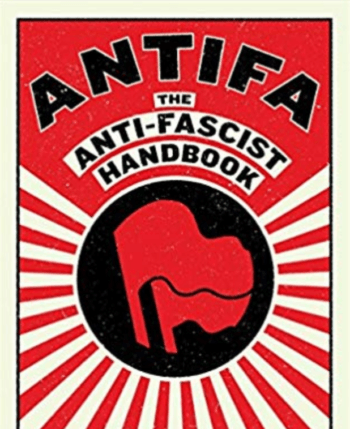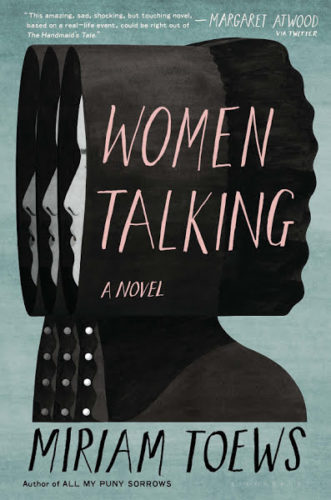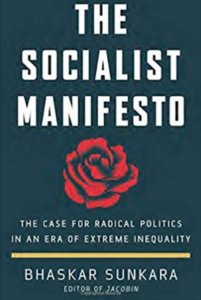Isaac Asimov published his science fiction detective novel The Caves of Steel in 1954. One of the detectives was a robot. That’s the twist. Lots of sci-fi fans know Asimov for his robot stories, and Asimov invented the word ‘robotics‘. The Caves of Steel became Asimov’s best-selling book to that point in his career. Asimov followed up with the Robot Series: The Naked Sun (1957), The Robots of Dawn (1983), and Robots and Empire (1985).
But that’s just the history. It’s not what this post is about. The Caves of Steel is less a detective story, or a robot story, than a sociological story. Let’s talk about that.




